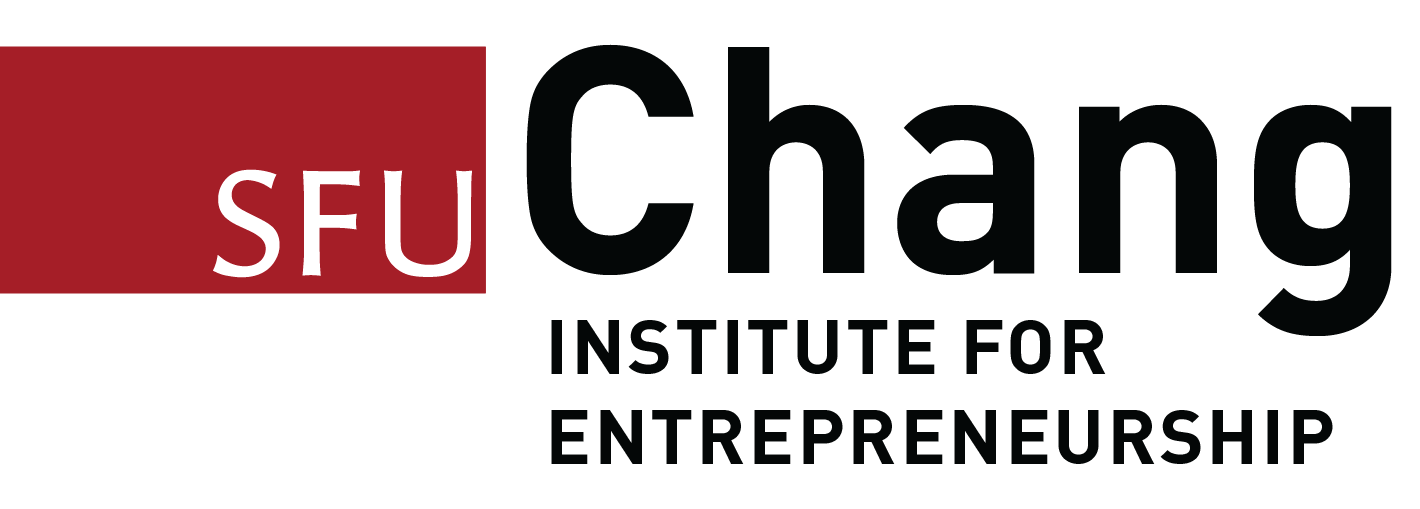Innovation policy around the world puts massive emphasis on the importance of increasing entrepreneurship for economic, and more recently, social impact. In many cases, there is a fairly narrow focus on digital tech-based startups, “tech”- style entrepreneurs, and programming to increase the number of people who act like them. This minimizes the potential for the truly systemic change that could happen if we reoriented ourselves toward an entrepreneurial mindset, realizing that if you focus on encouraging the early potential of all people, huge benefits, including but not nearly limited to companies, would follow.
I’ve now worked across the continuum of entrepreneurial experience from nearly all levels of education, worked with the federal government and on national projects to promote entrepreneurial impact from science. At every level, I keep running into the prevailing dangerous myths and oversimplifications that we need to stop building into entrepreneurial support.
You’re born an entrepreneur, or you’re not.
True, insofar as an entrepreneurial mindset is about resilience, self-efficacy, opportunity recognition and imagination, which we all have as children. What we don’t all have is access to learning, supportive communities or role models. Sadly, many children have preconceptions of who is entrepreneurial, and he doesn’t generally look like them or have their particular talents. Many people, often due to gender or background, aren’t socialized to think they are or could be entrepreneurial and need learning opportunities and role models who look like them to help them see their own potential.
Entrepreneurs tell themselves yes when the world tells them no.
Not usually. Many students have entrepreneurial traits, and a lot of potential, but may not immediately believe in themselves before they give it a try. Many young entrepreneurs credit their teachers, mentors, family, friends and community members for having faith in them before they had faith in themselves. Those that refuse to accept coaching often struggle to learn before their lessons get very expensive.
Anyone can start a company in their parents’ basement.
So many assumptions… This assumes your family can and will support you, that the type of company you want to start could work in a basement, and that you have access to other required resources. It’s hard to start a medical device company in your parent’s basement, 100 miles from the lab you need for testing, without additional funding. A small award, internship and/or early access support and mentorship can have a massive return on investment as well as level out access to opportunity.
You don’t have to go to school to become an entrepreneur.
It depends. If you want to start, work in or support the next clean-tech venture, medical company or systems change organization, you will need relevant knowledge, interdisciplinary teammates, resources and connections. There’s a reason entrepreneurship happens in clusters: You learn faster with and from others.
Entrepreneurship is about business ventures.
Sometimes… but, perhaps more importantly, confident entrepreneurial people are needed everywhere and in every discipline. An entrepreneurial mindset is success regardless of what happens to the first (or second) startup. The people employed in all organizations, charities, non-profits and systems, supporting startups, running our governments and teaching our children need to be able to innovate for themselves and as a larger system working in concert to address pressing challenges in an increasingly unpredictable world.
If we want entrepreneurship to lead to much more economic, social and systems transformation, we need to take an honest look at the assumptions and myths underpinning our actions, supports and investments, and take a much wider view of who can, and gets the opportunity, to be entrepreneurial.















